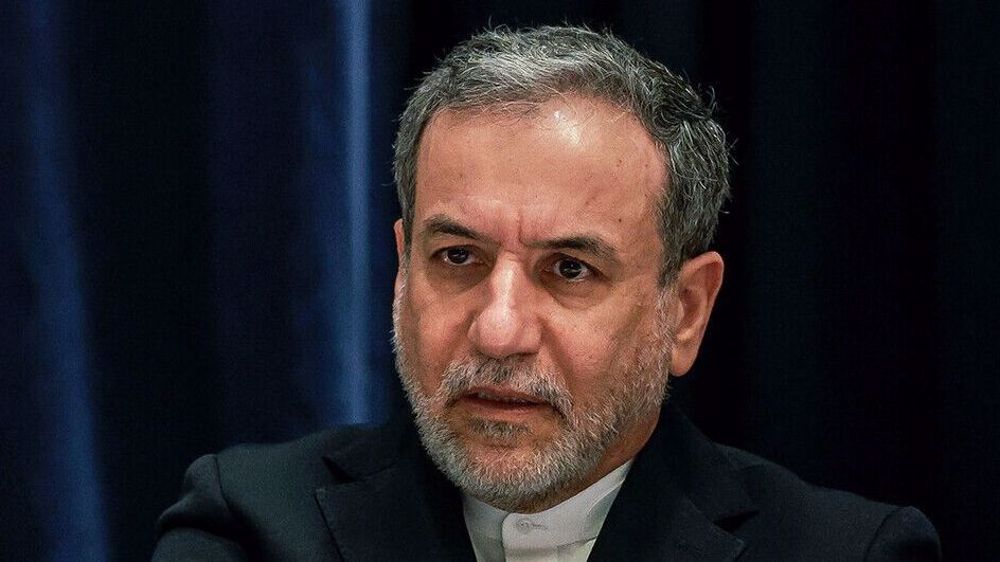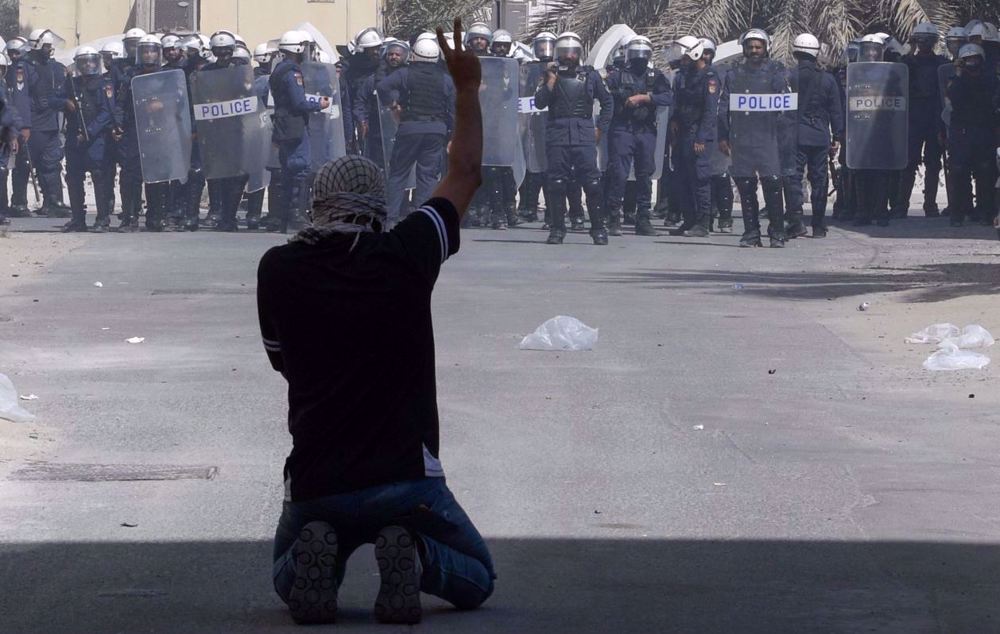HRW blasts GCC states for suppressing dissent, free speech
Human Rights Watch (HRW) has censured member states of the [Persian] Gulf Cooperation Council for their crackdown on rights advocates and freedom of expression, calling for reforms long sought by the campaigners in the six Arab states.
The New York-based rights organization made the criticism in an interactive website it launched with the profiles of 140 prominent activists from Bahrain, Oman, Kuwait, Qatar, Saudi Arabia, and the United Arab Emirates. The campaigners have been detained, put on trial and handed sentences for voicing their opinions online over the past six years.
“The [Persian] Gulf states have engaged in a systematic and well-funded assault on free speech to subvert the potentially transformative impact of social media and internet technology," said HRW's Middle East director, Sarah Leah Whitson.
She further called on the six Arab states to “carry out the much-needed reforms that many of these activists have demanded for years” instead of “hauling off their peaceful online critics to jail.”
Among the 140 profiled campaigners is Bahraini activist, Nabeel Rajab, who is on trial on alleged charges of spreading false information and insulting the Al Khalifah regime.

According to the HRW, hundreds of dissidents have been put behind bars in the GCC countries, many after unfair trials.
The sweeping campaigns launched by the Persian Gulf kingdoms against political activists, journalists, rights defenders, lawyers, and bloggers include threats, intimidation, investigations, detention, prosecution, torture, and withdrawal of their nationality, the rights group said.
It also noted that all the GCC states have expanded existing laws and promulgated abusive new regulations with a view to further curtailing free speech.
The HRW further accused all the six countries, except Kuwait, of having used intrusion software in violation of citizens’ privacy rights, citing evidence from Toronto-based research group, Citizen Lab.
"This software can enable a government to access emails, text messages, call histories, contact lists, files, and potentially passwords, and can allow authorities to turn on a phone or laptop's camera and microphone to take pictures or record video and conversations without the owner's knowledge," the HRW said.
Latest ballots polls show Harris, Trump tied as voting continues
UNRWA warns of humanitarian collapse in Gaza
'Hello my enemies': Lebanese journalist on Israeli threats and his resolve to continue
Outrage in France as MP proposes bill to ban criticism of Israel
VIDEO | The strategy of Hezbollah in war
Israeli military withdraws several brigades from southern Lebanon: Report
48-year-old Palestinian man serving 48 life terms completes 22 years in Israeli jails
From MKO to Tondar, how Germany became safe haven for anti-Iran terror groups















 This makes it easy to access the Press TV website
This makes it easy to access the Press TV website